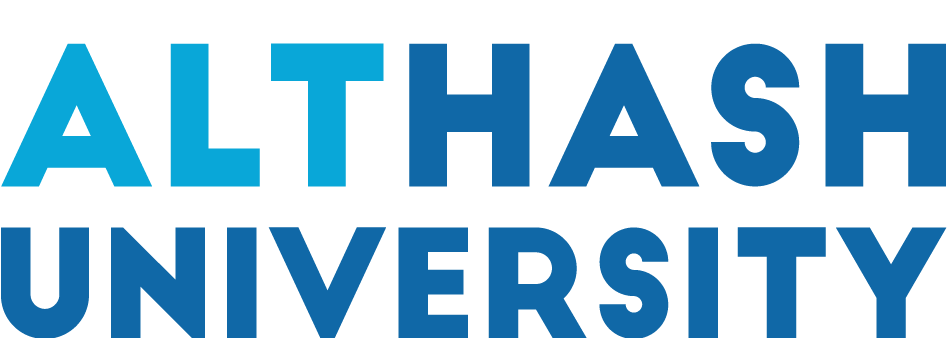Nanodegree: Collegiate of Arts & Sciences
Prompt Design & Engineering (CAS - PDE)
Nanodegree Granting & Multi-Certificate Program 🥇🥈🥉
"Unleash the Power of Language: Become a Prompt Engineer and Create Conversational Magic."
Write your awesome label here.
Nanodegree
Granting
*Add "Collegiate of Arts & Science" at the end of your name, like this:
"John Doe, CAS-PDE."Credentials
*A diploma
*2 Certifications
*30+ Microcredentials
*Transcript of Records
*2 Certifications
*30+ Microcredentials
*Transcript of Records
Ladderized Program
8 Weeks
Training
*Faculty-Lead Class of International Students
*Two hours of hybrid training class per day.
*Two hours of hybrid training class per day.
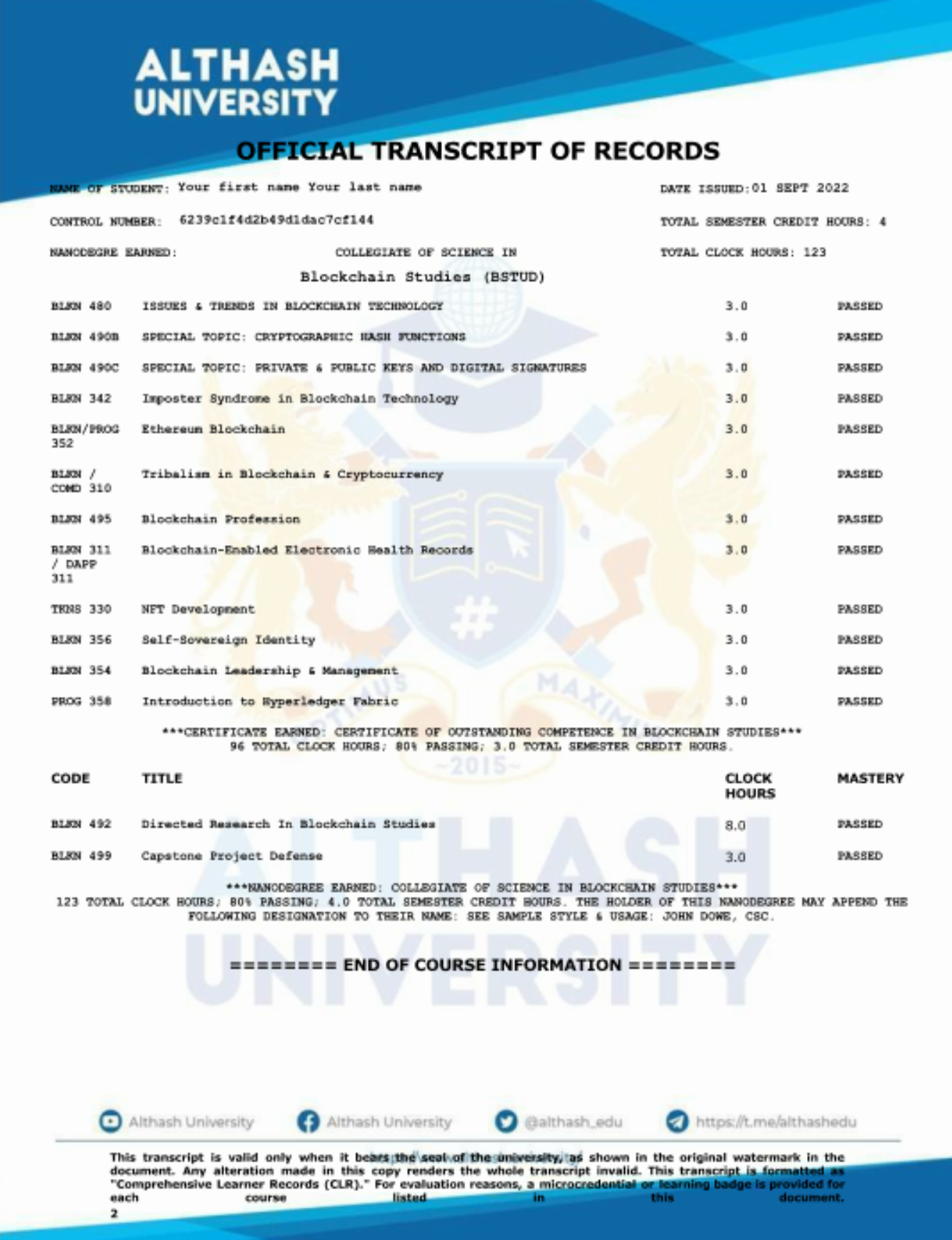
4 Semester Credit Hours in Transcript of Records
*120+ Clock Hours of lectures, workshops, and activities.
*120+ Clock Hours of lectures, workshops, and activities.
Description
Rationale
Goals
Learning Objectives
Nanodegree
Microcredential
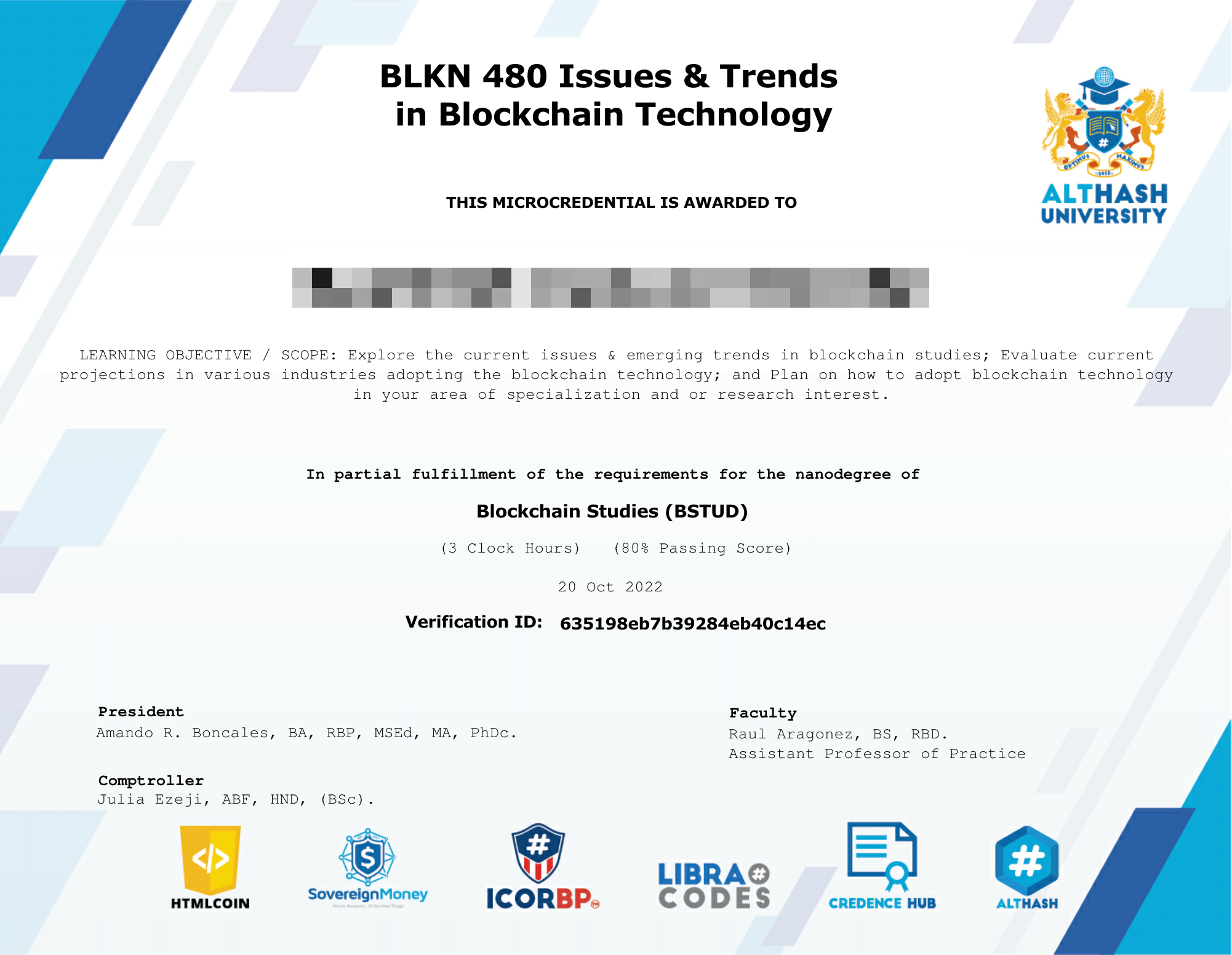
The curriculum is credential-based.
This means that students will obtain a microcredential for each course or lecture unit they complete.
Capstone Project
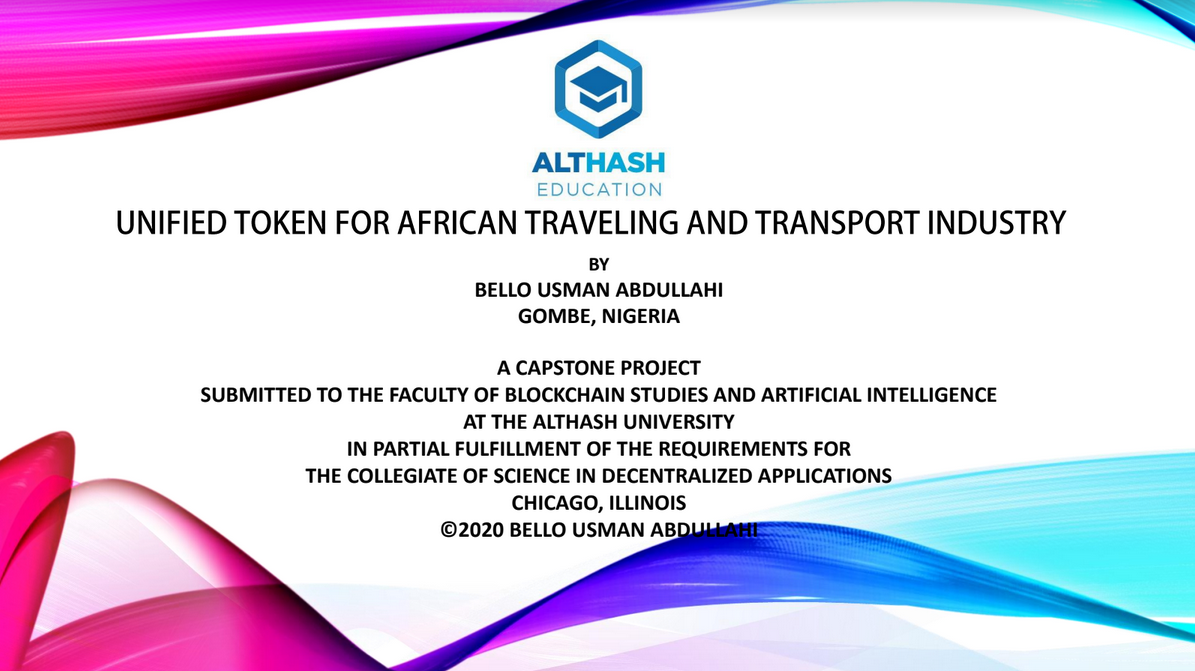
A unique opportunity to conduct independent research in the pursuit of an original solution to an issue that actually exists in the real world.
Collegiate of Science
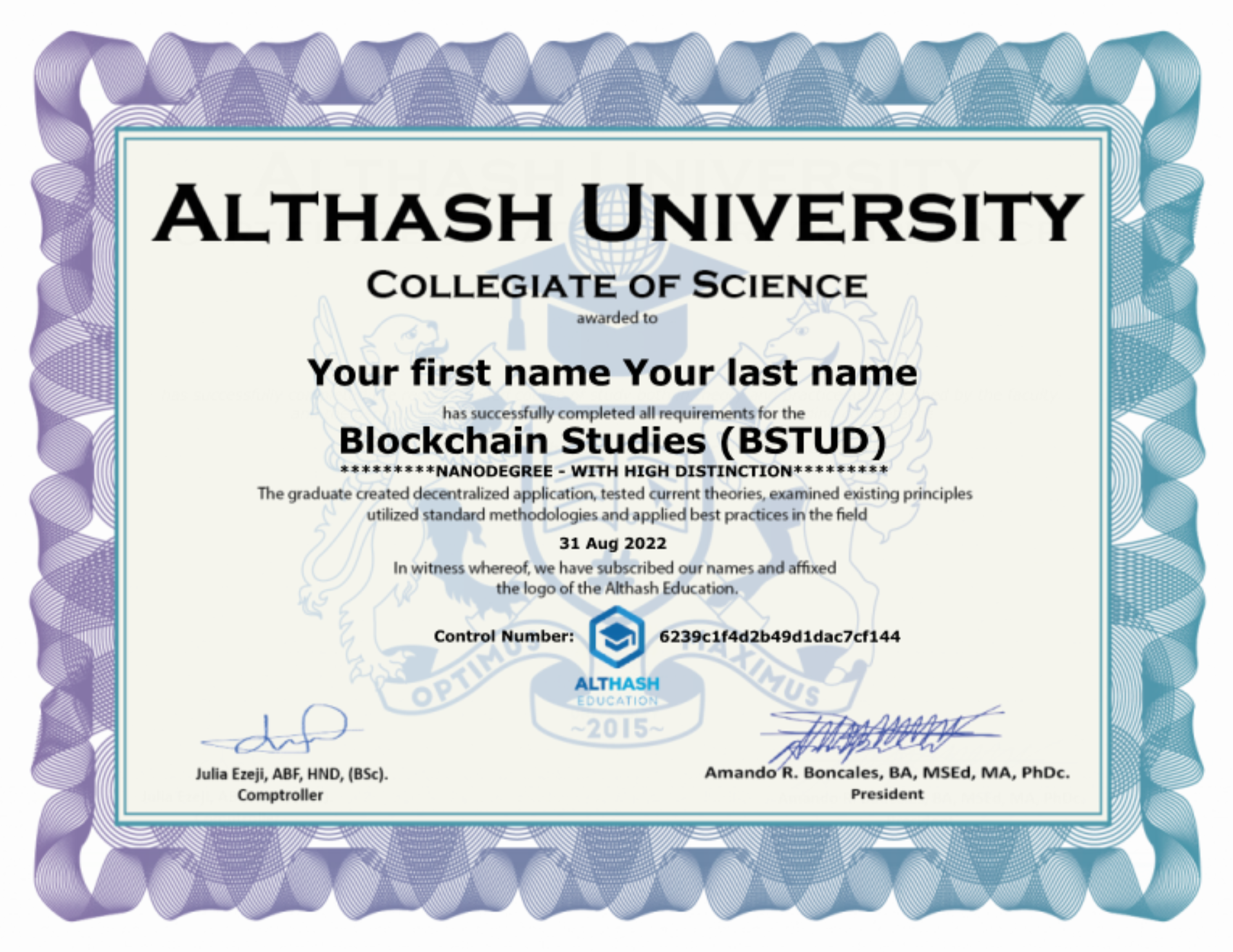
This is a nanodegree program, a higher education innovation. After successful completion, students will be awarded the Collegiate of Arts & Science (CAS-PDE) designation. See Usage: John Doe, CAS-PDE.
Features
- A nanodegree-granting program that allows graduates to obtain the "Collegiate of Arts & Science" nanodegree. A designation that is appended to the end of your name; see style and usage: "John Doe, CAS-PDE.
- This program's coursework is structured in such a way that students can advance to the next level once they have mastered the topic at their current level of knowledge. It benefits students by allowing them to progress at their own pace and by instilling a sense of accomplishment as they climb the educational ladder
- Althash University (Alt+U) is a unique initiative that offers a different model of higher education compared to traditional university systems. Through the use of Massive Open Online Courses or MOOCs, Alt+U provides students with access to a diverse range of learning opportunities unavailable through traditional university structures. Alt+U also holds a special distinction as it is not affiliated to any agency or country, allowing for unprecedented levels of program autonomy and flexibility. By committing to an educational system that does not adhere to national limitations, Alt+U continues to offer a new model of higher education focused on personal growth and development.
Preliminary Requirements
- This is a nanodegree program offered by the College of Continuing and Professional Studies; for additional information, please see the syllabus. To be eligible for a nanodegree, students must complete a total of 80 percent of the coursework requirements, which is determined by their academic achievement. The cumulative passing score for the program is 80 percent.
- Regardless of major, students must complete the "Certificate of Satisfactory Competence in Blockchain Studies" before graduating and receiving the nanodegree diploma.
Stay up-to-date
Upcoming events
Faculty Members
Amando Boncales
Full Professor
Program & Faculty Chair (BSTUD)
-Distributed Ledger Theory & Practice
-Blockchain Profession
-Instructional Technology
🎓 Norther Illinois University - USA
-Distributed Ledger Theory & Practice
-Blockchain Profession
-Instructional Technology
🎓 Norther Illinois University - USA
Johannes Dowe
Assistant Professor of Practice
Core Course Program Chair
-Cryptography Theory & Practice
-Cryptographic Hash Functions
-Private & Public Keys: Digital Signatures
🎓 University of Bremen - Germany
-Cryptography Theory & Practice
-Cryptographic Hash Functions
-Private & Public Keys: Digital Signatures
🎓 University of Bremen - Germany
Joseph Sylvester
Assistant Professor of Practice
Program & Faculty Chair (SMARTDEV)
-Smart Contract Development
-Interoperability
-Repository System
🎓 AMA University Makati - PH
-Smart Contract Development
-Interoperability
-Repository System
🎓 AMA University Makati - PH
Tammy Francis, PhD.
Full Professor
-Diversity & Inclusion in Technology
-Blockchain in Education
-Well-Being in Technology Innovation
🎓 Texas A&M University-Corpus Christi - USA
-Blockchain in Education
-Well-Being in Technology Innovation
🎓 Texas A&M University-Corpus Christi - USA
Abubakar Shinkafi
Full Professor
Program & Faculty Chair (BSOFT)
-Blockchain Software Architecture
-Egovernance
🎓 The University of Salford - United Kingdom
-Blockchain Software Architecture
-Egovernance
🎓 The University of Salford - United Kingdom
Vincent Hoffmann
Resident Lecturer
Pioneer Faculty Member
-Introduction to Cryptocurrency
-Cryptocurrency Development
-NFT Development
🎓 Varsity College - South Africa
-Introduction to Cryptocurrency
-Cryptocurrency Development
-NFT Development
🎓 Varsity College - South Africa
Regis Prado
Associate Professor of Practice
Program & Faculty Chair (BPM)
-Blockchain Project Management
-Wallet Safety and Security
-Blockchain Project Requirement and Scope
🎓 Federal University of Rio de Janeiro - BR
-Blockchain Project Management
-Wallet Safety and Security
-Blockchain Project Requirement and Scope
🎓 Federal University of Rio de Janeiro - BR
Vincent Rey Vicente
Full Professor of Practice
Program & Faculty Chair (BHI)
-Blockchain Healthcare Informatics
-Introduction to Blockchain Healthcare
-Issues and Trends in Blockchain Healthcare
🎓 Davao Medical School Foundation - PH
-Blockchain Healthcare Informatics
-Introduction to Blockchain Healthcare
-Issues and Trends in Blockchain Healthcare
🎓 Davao Medical School Foundation - PH
Fermin III Barrenechea
Associate Professor of Practice
-Currencies, Tokens, and Stable Coins
-Introduction to Decentralized Finance (Defi) -Central Bank Digital Currency (CBDC)
-Introduction to Non-Fungible Token (NFT)
🎓 University of Asia and the Pacific - PH
-Introduction to Decentralized Finance (Defi) -Central Bank Digital Currency (CBDC)
-Introduction to Non-Fungible Token (NFT)
🎓 University of Asia and the Pacific - PH
Raúl Aragonez
Assistant Professor of Practice
-Program & Faculty Co-Chair (BSOFT)
-Blockchain Theory & Practice
-Issues & Trends in Blockchain Technology -Blockchain Supply-Chain
🎓 University of Texas at El Paso - USA
-Blockchain Theory & Practice
-Issues & Trends in Blockchain Technology -Blockchain Supply-Chain
🎓 University of Texas at El Paso - USA
Jeremy Cogan
Marketing Instructor
-Blockchain for Business
-Blockchain Technology & Innovation
-Decentralized Model & Consensus Mining
-Decentralized Application in Practice
🎓 Indiana University - USA
-Blockchain Technology & Innovation
-Decentralized Model & Consensus Mining
-Decentralized Application in Practice
🎓 Indiana University - USA
Fred Brandon
Associate Instructor of Practice
-Enterprise Blockchain
-Cybersecurity
-Financial Literacy
-Metaverse & Web 3 Technologies
🎓 Ohio State University - USA
-Cybersecurity
-Financial Literacy
-Metaverse & Web 3 Technologies
🎓 Ohio State University - USA
Salman Haider
Associate Professor of Practice
Program & Faculty Chair (BSOL)
-Blockchain Solution Architecture
-Blockchain Anatomy, Nodes, & Networks
🎓 Government College University - Pakistan
-Blockchain Solution Architecture
-Blockchain Anatomy, Nodes, & Networks
🎓 Government College University - Pakistan
Chairag Sharma
Associate Professor of Practice
Program & Faculty Chair (BPDM)
-Blockchain Product Design & Management
-Self-Sovereign Identity
-Introduction to Hyperledger Fabric
🎓 University of Petroleum & Energy Studies - India
-Blockchain Product Design & Management
-Self-Sovereign Identity
-Introduction to Hyperledger Fabric
🎓 University of Petroleum & Energy Studies - India
Iram Waheed
Associate Professor of Practice
Program & Faculty Co-Chair (BHI)
-Blockchain Healthcare Informatics
-Blockchain Engineering Research
🎓 National University of Computer & Emerging Sciences - Pakistan
-Blockchain Healthcare Informatics
-Blockchain Engineering Research
🎓 National University of Computer & Emerging Sciences - Pakistan
Institutional Partners
International Council of Registered Blockchain Professionals (ICORBP)
Vincent Ry Vicente, BS, RBBD, MD.
As partners and accredited entities of ICORBP you are entitled to issue credentials with recognition by or accreditation from the council. We have prepared simple guidelines for you to follow in issuing your Professional Development Unit (PDU) that your members or constituents can benefit and earn from your organization or business.
Blockchain Institute Chicago
The Blockchain Institute was founded to educate the public and promote
the adoption, development, and use of blockchain technology. Blockchains
help computers maintain large networks without centralized points of
failure, and they're being used to build a new internet.
Our headquarters in Chicago, Illinois, USA (opening Fall 2018) will
offer a forum for education and collaboration in the midwestern US.

Blockchain Vibes
Blockchain vibes is an event that is centered on educating the crypto and tech
enthusiasts about blockchain technology, bringing them into the future of
decentralization and creating awareness on the evolution of money.
It will bring together top stakeholders in the blockchain and cryptocurrency
ecosystem to share deep insights on key topics such as NFTs, DEFi, WEB3.0,
and lots more. It promises to be educative and interactive.
In-Country Coordinators
Tanzania
Adedayo Adebajo, Founder - BIoT Labs.
- State University of Zanzibar (SUZA)
- Zanzibar University (ZU)
- Dar es Salaam Institute of Technology (DIT)
- Institute of Financial Management (IFM)
- College of Business Education (CBE)
- University of Dar es Salaam (UD)
- University of Dodoma (UDom)
Botswana & South Africa
Gladness Tladi, MBA, CSC.
Philippines
John James (热那亚约翰詹姆斯) Genove, BS, CSc.
